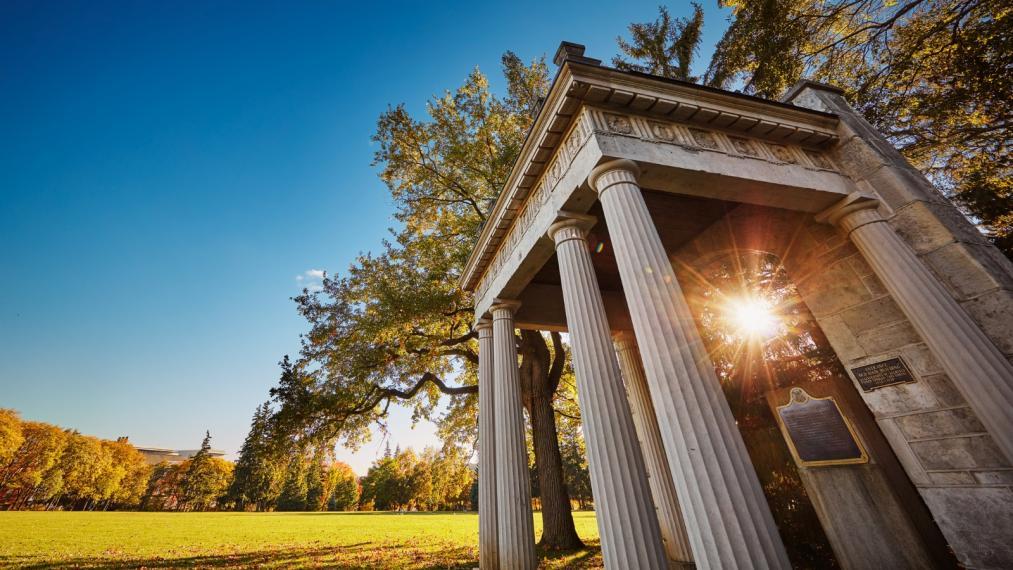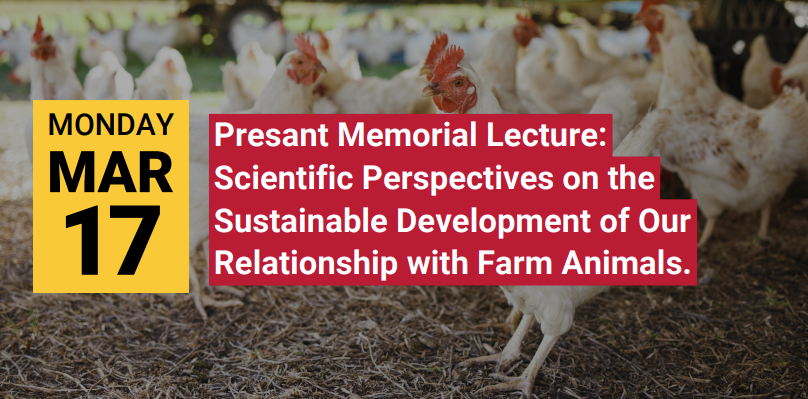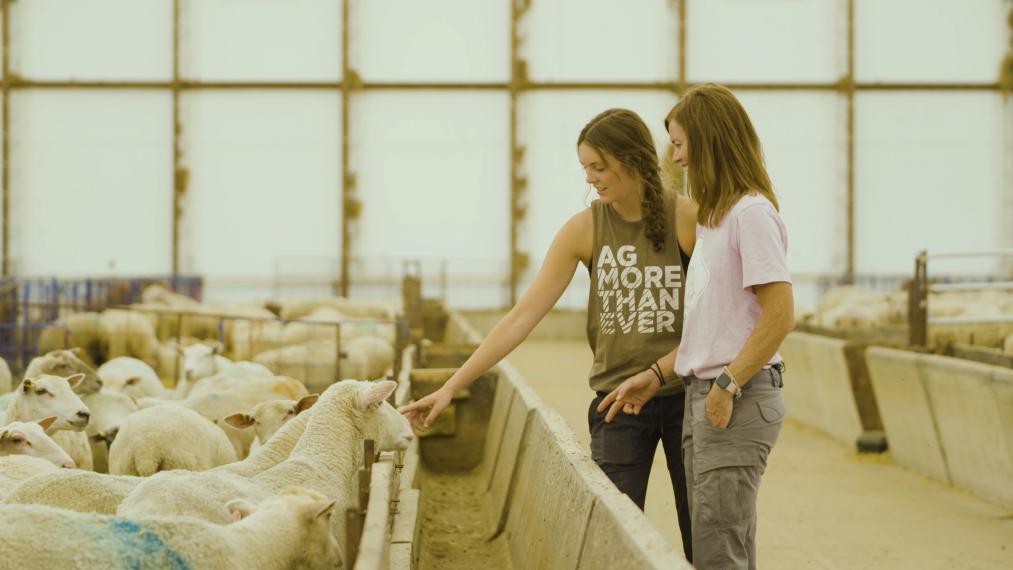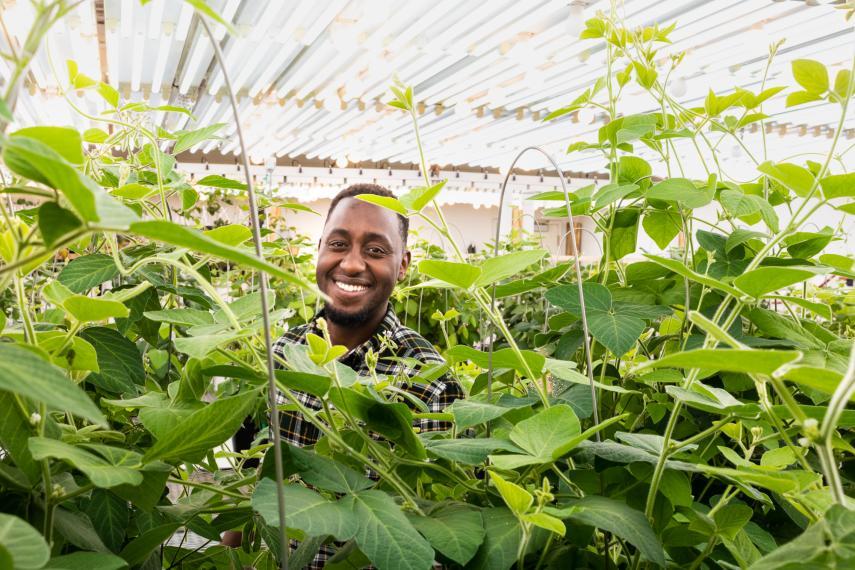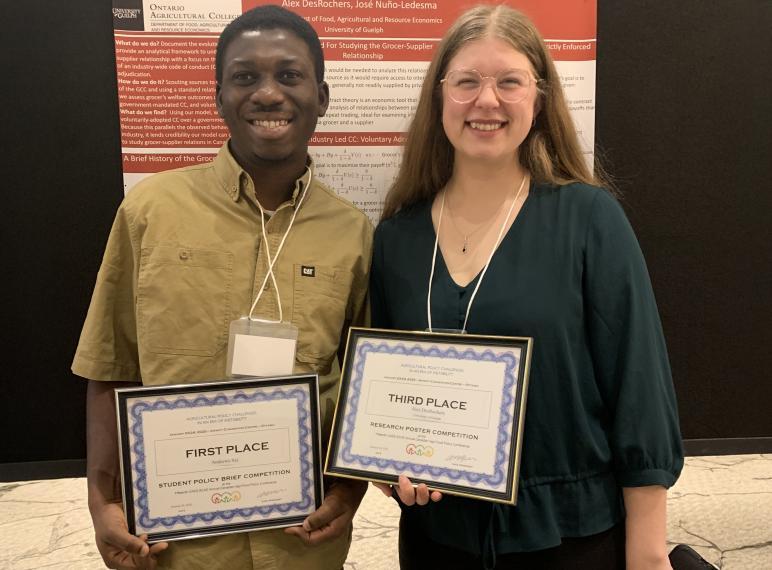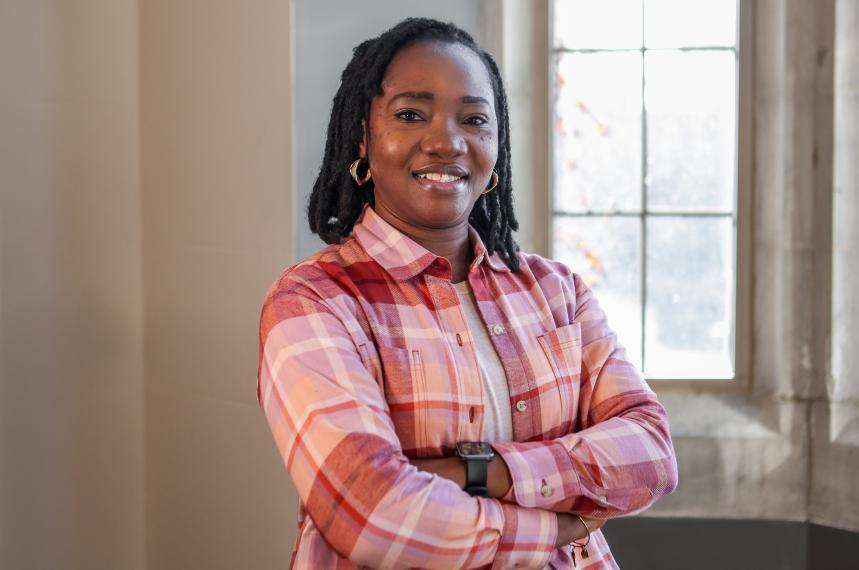
Adopting AI to Improve Global Ag Systems – PhD Candidate Uduak Edet
Uduak Edet, a PhD candidate in Rural Studies at the University of Guelph’s Ontario Agricultural College (OAC), is making waves with her research on integrating artificial intelligence (AI) tools into agricultural practices in Nigeria.


